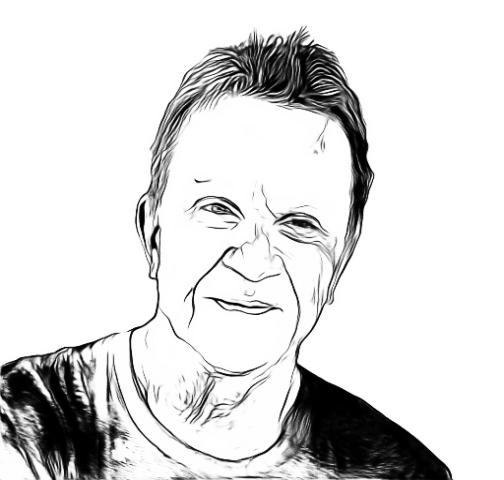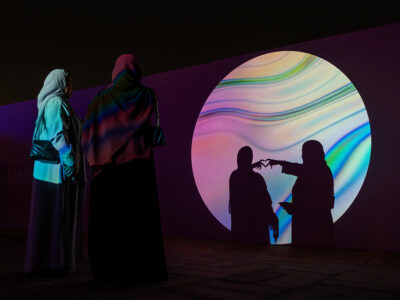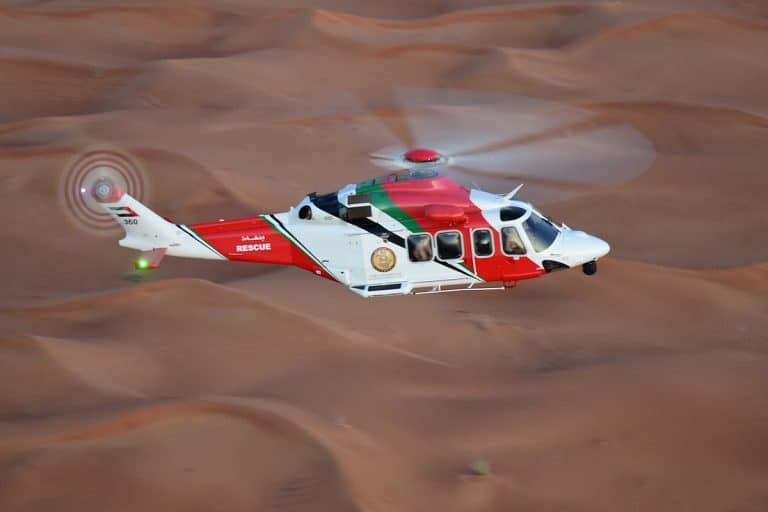It’s an interesting year for the Middle East. The UAE is set to host COP28. Saudi Arabia and the UAE have sent astronauts to the International Space Station. GCC nations have strengthened their commitment to providing humanitarian aid to conflict zones and disaster areas worldwide.
And the number of individuals from the region who are embarking on expeditions to extreme environments – from the Himalayas, to the Amazon delta, to the polar ice caps – has never been higher.
These four factors may seem unrelated; however, they share a common thread. They all lead to an increased demand for a niche group of medical professionals who are able to carry out lifesaving procedures in some of the world’s most dangerous and harsh settings. Or, to put it simply, the Middle East needs more extreme medics.
Extreme Medicine is a term I coined back in 2002 to describe the practice of medicine in remote, inhospitable and challenging environments. These environments include those resulting from the increased incidence of extreme weather conditions caused by the climate crisis – like flood zones, or areas ravaged by wildfire like Canada in recent weeks.
They also include the world’s many conflict zones, where people are involuntarily subjected to injury and death – areas like those recently affected by the devasting earthquake on the Turkish-Syrian border; and conversely, they include the rising number of voluntarily undertaken expeditions to the world’s highest peaks or unchartered wildernesses by individuals seeking to challenge themselves.
And with both the UAE and Saudi Arabia expanding their space programmes, it’s worth bearing in mind that as soon as we go beyond our own atmosphere, we enter a realm where literally everything is trying to kill us. From the lack of oxygen to extremes of heat and cold, to unbearable atmospheric pressures, and the impact of lunar radiation, space exploration takes the term hostile environment to an other-worldly level.
Ensuring that those men and women in these environments are protected and cared for is a huge responsibility and it’s no surprise that providing medical care in these situations requires doctors, nurses and paramedics with highly specialised training.

At World Extreme Medicine, we train medical professionals to provide not only emergency and lifesaving care, but also to practice ‘good medicine in bad places’. In conflict and disaster zones for example, people fleeing these situations need emergency care for a vast range of injuries and conditions caused by war or wildfire, but they also require standard care for their existing medical conditions. If they are diabetic, they may need insulin. If they have cancer, they may need chemotherapy. If they are pregnant, they may need to give birth.
Providing this breadth and depth of care outside of a clinical environment, where there are no medical records, where there may be no shared language, and where access to medicines and equipment can be severely disrupted at best and non-existent at worst, requires a very special set of skills that can’t be learned in a traditional hospital setting.
Empowering professionals: The impact of extreme medicine
Which is why those medics who undergo extreme medical training return to their day jobs with a new set of highly transferable and sought-after skills – from problem solving to teamwork, to enhanced communication and adaptability. In short, extreme medicine makes people better at their jobs, and often provides a renewed sense of purpose and passion for their profession.
While there are already a select cohort of trained extreme medics practicing here in the region, there are simply not enough to meet the growing demands being made by this evolving dynamic, which is one of the reasons why we are very keen to expand the Extreme Medicine MSc course currently on offer in the UK at the University of Exeter, and the Graduate Certification in Extreme Medicine in the US at Northeastern University, to the region.
I firmly believe that given the convergence of the four factors mentioned – climate change, regional humanitarian support, space exploration, and the rise in personal expeditions – this need is not just going to continue to develop, but to grow exponentially. In short, as I said in my opening, the Middle East needs more extreme medics.






